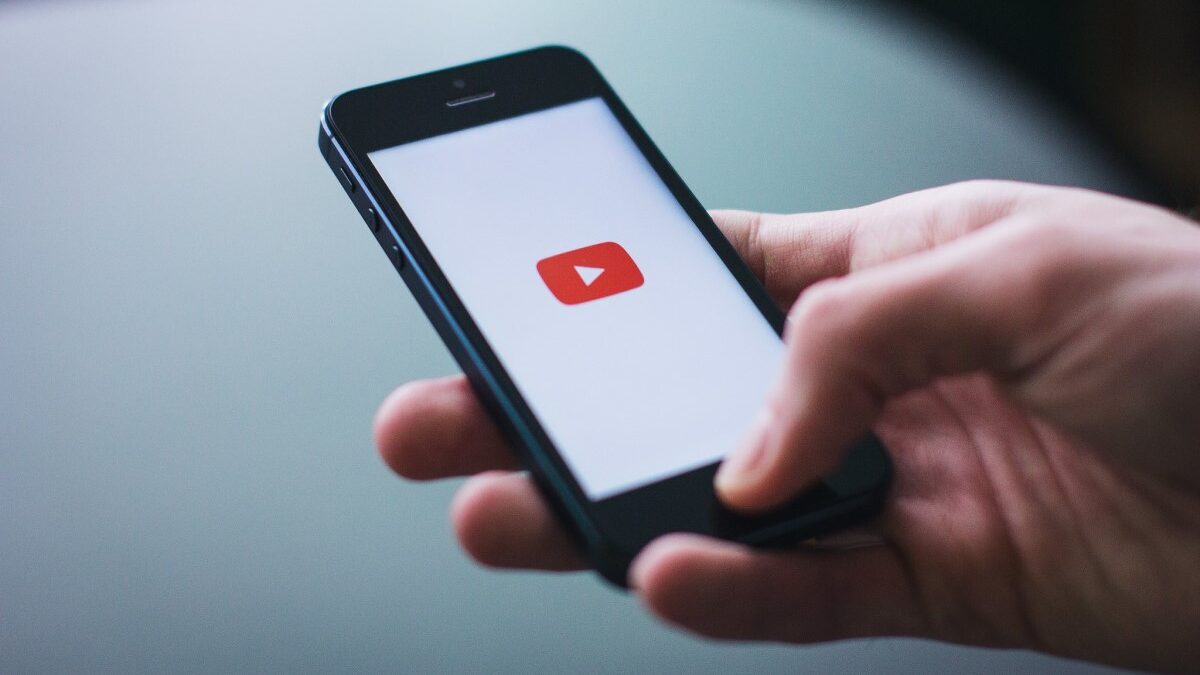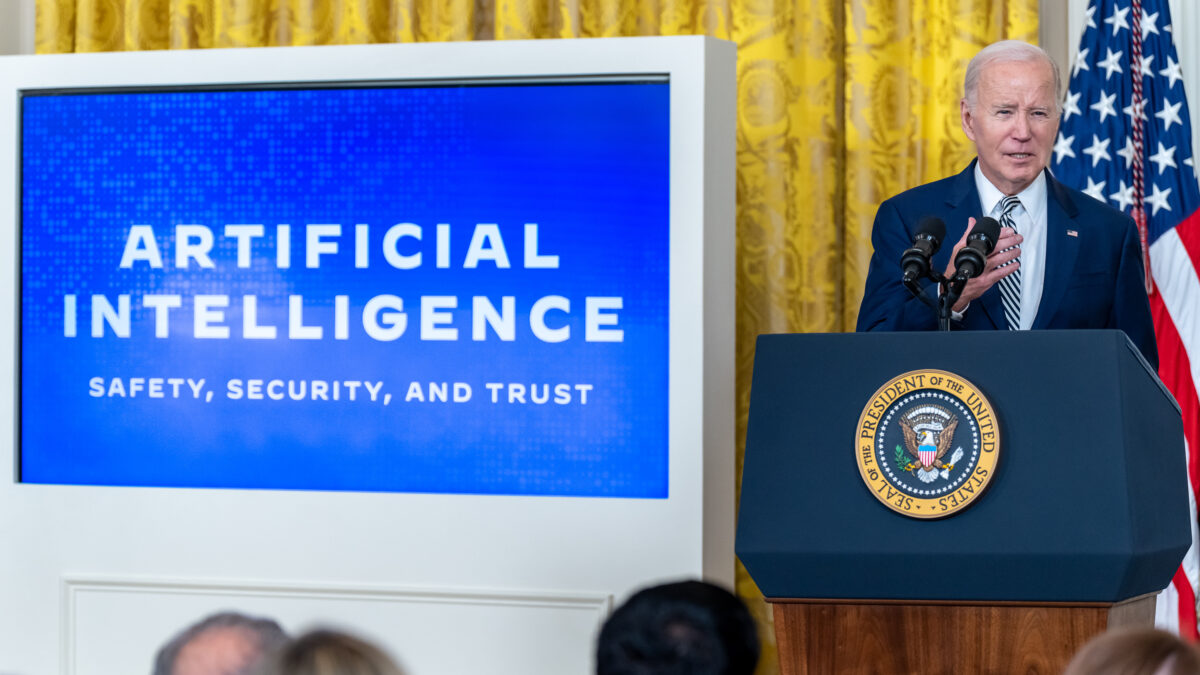YouTube recently demonetized a video it had previously approved consisting entirely of quotes of Republicans and Democrats alleging election vulnerabilities and crimes, the video’s creator confirmed to The Federalist Tuesday. Matt Orfalea showed The Federalist a June 7 email from YouTube saying his video was “suitable for all advertisers” after “manually reviewing.”
A YouTube spokesman Tuesday, however, told The Federalist the video was just a few months later banned from providing its creator ad revenue because it contained “demonstrably false claims that could significantly undermine participation or trust in an electoral process.” The spokesman did not answer The Federalist’s question of exactly what information in the video was “demonstrably false.”
With no other notification from YouTube, on Aug. 21, Orfalea found a notice inside his channel saying a YouTube reviewer had decided the video depicted or encouraged “harmful or dangerous acts” and presented “situations that may endanger participants.” The video consists entirely of quotes from Hillary Clinton, Donald Trump, a few TV reporters, and some other Republicans and Democrats publicly contesting election results from 2016 to 2020.
YouTube demonetized and then deleted this same video before, in November 2022. At that time, YouTube also demonetized and deleted similar videos on Orfalea’s channel, including videos that weren’t public, says Racket journalist Matt Taibbi, who commissioned the videos. For these transgressions, YouTube gave Orfalea’s channel a strike, three of which result in a permanent ban from the platform.
Those banned videos also simply clipped accurate news quotes of both Republicans and Democrats making “stolen election” and “election interference claims,” Orfalea and Taibbi say. Taibbi says he “argued to Google” last year that the now-twice-banned video “could not possibly be violative of any ‘misinformation’ guideline, as it was comprised entirely of ‘real, un-altered clips of public figures making public comments.’”
“[T]hese videos are factual,” Taibbi wrote on Nov. 18, 2022. “There are no statements taken out of context. No editing games were played to make it appear someone is saying something he or she did not. This was the point of the exercise, to show what was actually said, when, and by whom.”
In July 2021, YouTube also demonetized Orfalea’s channel over a Starbucks commercial parody, notifying Orfalea, “We think it violates our violent criminal organizations policy.” His channel was later remonetized.
Then, in June of this year, Orfalea says, he re-uploaded the “Trump vs Hillary” video to YouTube to verify the company’s June 2 claim it had ended its “elections misinformation policy” after banning “tens of thousands” of videos. Immediately after the upload, the video was demonetized, Orfalea said, but after he appealed to YouTube, he received the June 7 email saying a human reviewer had lifted the demonetization.
Then, sometime between June 7 and Aug. 21, the video was demonetized again. YouTube says it has closed Orfalea’s appeal of its reversal.
“In the past (for [example], when my channel was demonetized) I always received notifications from YT about it BUT I received no notification about this,” Orfalea told The Federalist via email.
In an Aug. 31 livestream, Orfalea showed in his YouTube analytics that demonetization cut his video income by 90 percent. The analytics traffic curve also suggests the video’s reach might have been artificially reduced.
“In the last 6-8 months — hell, the last 2-3 months — the landscape for non-corporate media businesses has tightened dramatically,” Taibbi noted last week. “Independent media content is increasingly hard to find via platform searches, even when exact terminology, bylines, or dates are entered by users. Social media platforms that once provided effective marketing and distribution at little to no cost are now difficult to navigate even with the aid of paid boosting tools.”
Recommendations generated by YouTube algorithms drive 70 percent of what people see on the world’s largest video platform. More Americans use YouTube than even use Facebook, at 81 percent in 2021.
YouTube parent company Google controls 92 percent of the world’s search results. Wall Street Journal and other investigations have found that Google alters its search results in ways that benefit leftists. So does YouTube’s current criteria for hiding information, which effectively takes the political left’s side on controversial topics under the guise of stopping “misinformation.”
Google also demonetized The Federalist from ad revenue in 2020 in conjunction with a foreign left-wing pressure organization.
Recent lawsuits from multiple states’ attorneys general, as well as on behalf of individuals such as journalist Alex Berenson and doctors Aaron Kheriaty and Jay Bhattacharya, have discovered that social media companies, including YouTube, ban information Democrats dislike from the internet at the behest of federal officials. The lawsuits found this censorship affects hundreds of millions of Americans and targets not just false information but true information.
Federal courts adjudicating this lawsuit also found, as plaintiffs’ lawyer John Sauer testified to Congress two weeks ago, “close connections and cooperation between federal national-security officials and the mass-surveillance and mass-censorship enterprise.”
“This isn’t just about statements from individual has-beens like Hillary Clinton, but official bodies like the DHS and the FBI,” Taibbi noted in 2022. “Just like Trump, those official organizations have repeatedly engaged in a form of ‘election denial,’ warning that upcoming elections will be packed full of efforts by foreign countries to ‘amplify doubts about the integrity of U.S. elections’ and to ‘hinder candidates perceived to be particularly adversarial” to countries like China and Russia, by ‘spreading disinformation.’”
YouTube’s spokesman didn’t answer these Federalist questions:
- What brought this video to the “human reviewer’s” attention — was it a complaint from a government official, an algorithm or AI scanning method YouTube uses, or something else?
- What information, specifically, in the video does YouTube consider “harmful or dangerous”?
- Did the human reviewer find any false information in the video? If so, what?
- Orfalea says he’s appealed YouTube’s decision and hasn’t gotten an answer yet. How soon should he expect that response? What are typical YouTube response times for complaints like this?
By press time, the spokesman had not responded to a follow-up email noting the lack of response to these questions.









